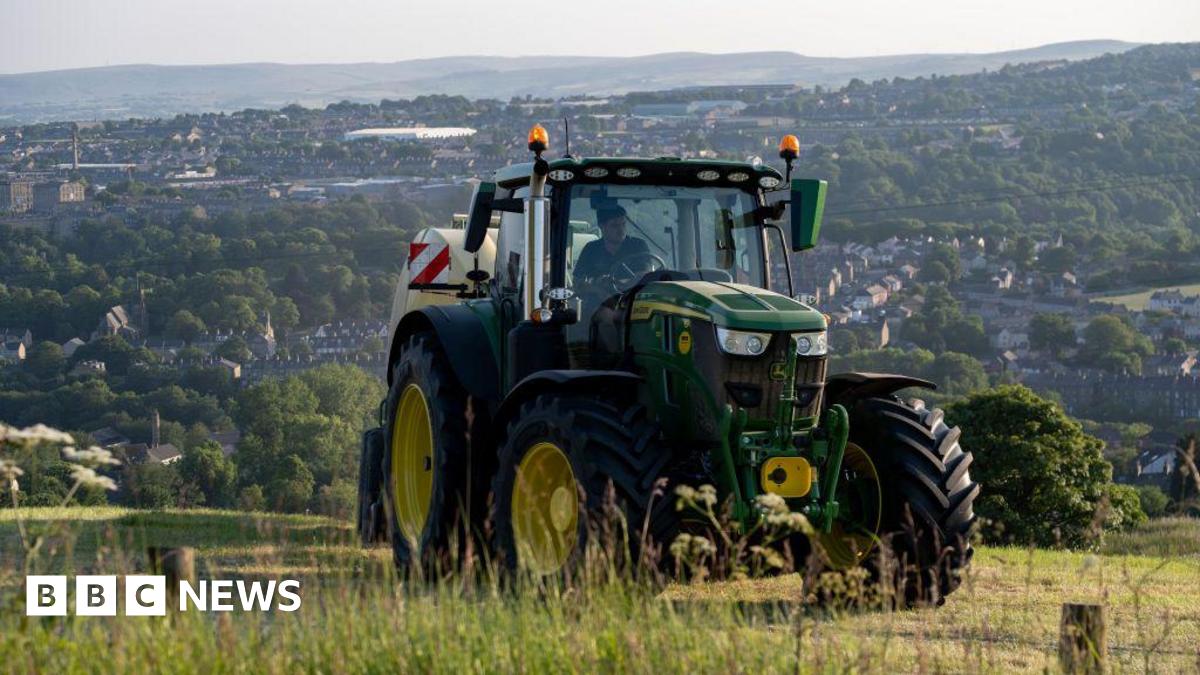Rdodge30
Well-known member
- Dec 30, 2022
- 930
Well we will see where all the growth comes from this parliament won’t we? My prediction there won’t be any growth from what I’ve seen so far …. It will almost certainly be the fault of the previous government and Brexit though



